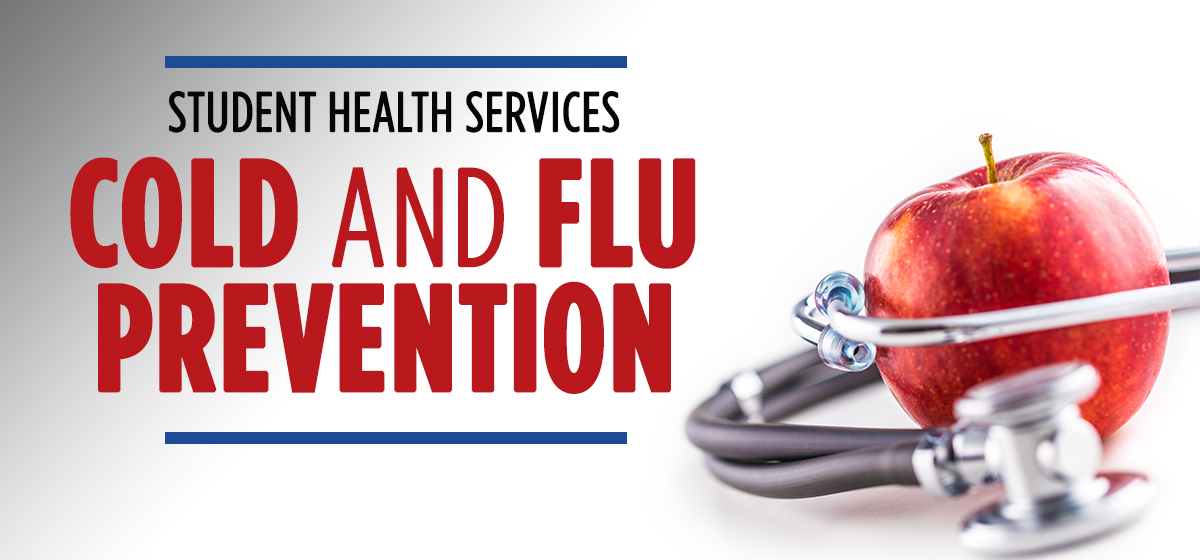We just ended hurricane season, only to enter another season: Cold and Flu Season. We are hearing very frightening reports. Today 2 otherwise healthly children died from the 2018 Seasonal Flu. There is an outbreak of adenovirus killing 7 children in a NJ Pediatric facility, and Hand Foot and Mouth Disease is on several College campuses nationwide. Barry University has not had any known cases of hand, foot and mouth so far! All of these situation can be avoided by 2 simple steps.
The first step is getting your annual Flu Vaccination. The CDC recommends that everyone over the age of 6 months receive the annual Flu vaccination. The flu vaccine does not guarantee that you will not get sick, but it does greatly decrease the possibility of you, your child and others, from getting seriously ill during this year’s Flu Season. If you are over the age of 65, you should receive the FLUAD vaccination which is formulated for seniors and individuals with compromised immune systems.
The Second step is a vital component to staying healthy and fighting diseases: Hand Washing. Keeping hands clean through improved hand hygiene is one of the most important steps we can take to avoid getting sick and spreading germs to others. Most common illnesses like the common cold is not spread as often through the air, but hand to mouth. Without realizing it, most individuals touch their eyes, nose, mouth and face at least 25 times per hour. These areas are all gateways for viruses and bacteria to enter our body and make us sick.
Proper handwashing is simple and it only takes 20 seconds to do effectively. If you wash your hands for less than 20 seconds the only thing you are doing is letting the germs do the back stroke!
Here are the steps for proper hand washing:
- Wet your hands with clean, running water (warm or cold), turn off the tap, and apply soap.
- Lather your hands by rubbing them together with the soap. Be sure to lather the backs of your hands, between your fingers, and under your nails.
- Scrub your hands for at least 20 seconds. Need a timer? Hum the “Happy Birthday” song from beginning to end twice.
- Rinse your hands well under clean, running water.
- Dry your hands using a clean towel or air dry them.
Always wash your hands:
- Before eating food
- After using the toilet
- After blowing your nose, coughing, or sneezing
- After handling money
- Pumping Gasoline or using the ATM
- After touching an animal, animal feed, or animal waste
- After handling pet food or pet treats
- After touching garbage
- Before and after caring for someone who is sick
- Before and after treating a cut or wound
- After changing diapers or cleaning up a child who has used the toilet
If you do not have access to soap and running water, using a waterless hand sanitizer that is 60% alcohol is effective.
Remember to clean your personal items that you frequently touch and others touch
- Your PHONE
- Reusable Water Bottles
- Keyboard
- Gaming Devices
- TV controller
- Counter tops
- Cooking surfaces
- Airplane trays and armrests
Theses habits will not guarantee you from becoming ill this season but they definitely will help increase your odds of staying healthy!
In Good Health,
Eileen Egan-Hineline, MS, RN-BC
Director, Student Health Services

